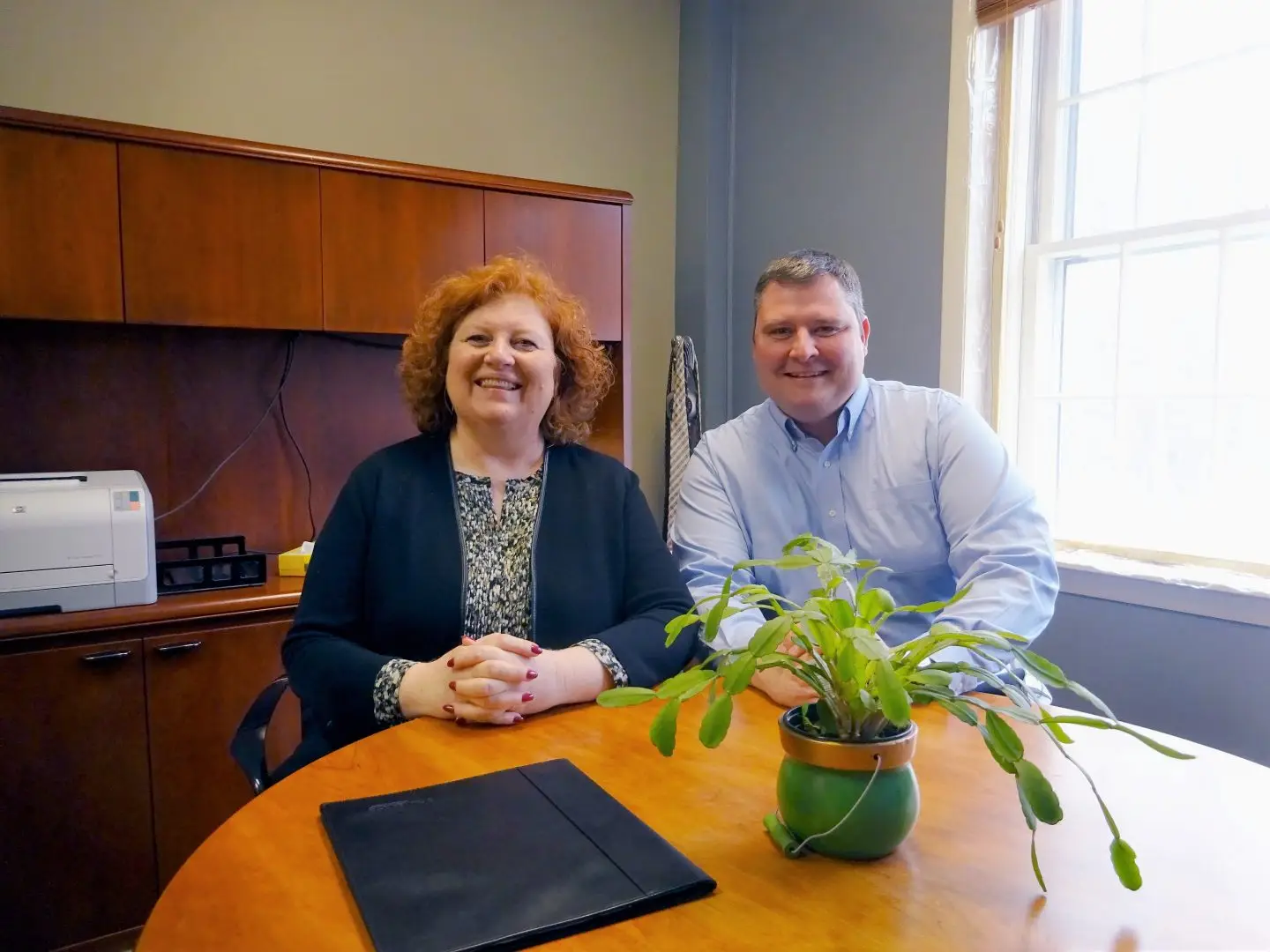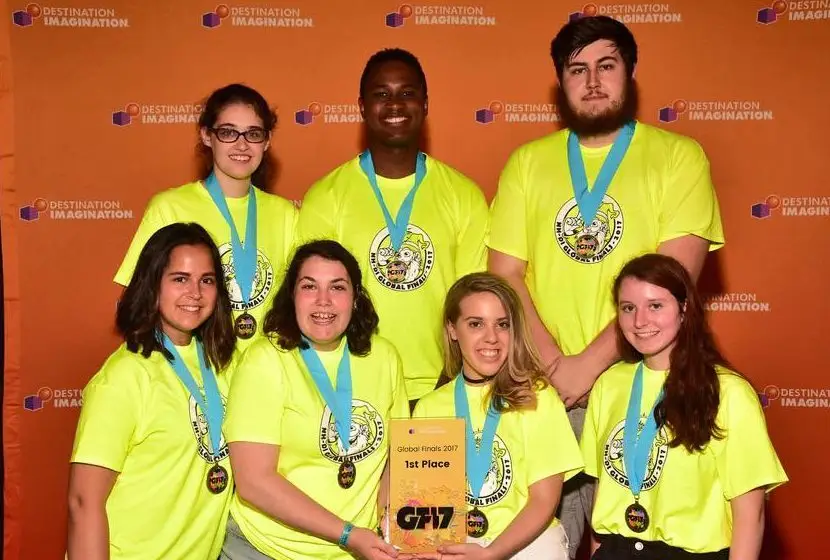Studying abroad gives students the chance to learn in another country, while also allowing them the opportunity to travel. Unfortunately, spending money while abroad can be a bit overwhelming.
Not only are students spending money on weekend trips around the world, but they also want to make sure they have some money for extra spending. Luckily, many SNHU students who have had the opportunity to study abroad have come back with advice on how to budget.
Three students in particular, who survived and thrived during their semester abroad, had a lot to say about their experience with money. Breana Diaz (’18), a fashion and merchandising major, spent last semester abroad in Florence, Italy and was a bit worried when she first heard about bringing money with her while abroad.
“Before signing up for going abroad I had a meeting with the study abroad office, and I was told how much I should bring minimally. The second I saw $4,000 I thought, never mind, I would never be able to afford that,” Diaz explained. “I wanted it bad enough that I worked so hard over the summer and worked on Excel to figure out a budget plan while I was out there.”
Stephanie Anderson (’18), who spent last semester abroad in Limerick, Ireland, and Ericka Broderick (’18), who also spent her time abroad in Florence, Italy, had very similar ideas on saving up money the summer before their semester abroad. Broderick explained her strategy by saying, “I pinched every penny I made with my summer job to save as much money as possible.”
Anderson, who had some experience with traveling and spending money abroad, elaborated more about her first thoughts by saying, “I didn’t feel that the school pressured me money wise at all, to me it was very much bring what you can and how much you want to.”
Another topic that two of the women touched upon was the idea of getting all the trips you want to take while abroad planned before leaving. Diaz elaborated more on how she accomplished this by saying, “I also pre bought almost all my trips so that I had saved money instead of waiting until while I was over there.”
“I think one of the best things I did was booking my larger trips in the very beginning of the semester,” Anderson said, “I highly recommend doing this. It allows you to have something to look forward to throughout the semester and it also is a way to make sure that you have room in your budget for the places you most want to go.”
All three students also gave their insight on how to budget while being abroad. Broderick felt as though her experience with money while abroad was a bit more hectic and unplanned.
“I wish I budgeted more. Some days you feel so self-conscious about spending because you want it to last and other [days] you get excited and want to treat yourself or get a gift for your family,” she said. “But I think creating a budget plan would’ve eased some stress.”
Diaz on the other hand, had her monetary expenses drawn out after doing some basic research. When asked for some advice on budgeting, she said, “Make columns for trips, food, shopping and any outside bills, think of it all so that you have a smooth transition into a beautiful country.”
“Spending money while abroad is just like spending money here at home. You spend it on the things you want to do and like doing, but you have to be careful how much you spend and also make sure your information is safe,” Anderson said.
All in all, each student agreed on having a balance in regards to spending. Whether that be from trips to other countries, buying gifts for loved ones or spending some money on yourself while shopping or eating unique, cultural foods.
Broderick’s final thought on bringing money abroad was, “sometimes you have to give yourself permission to treat yourself because it’s a once in lifetime experience.”




